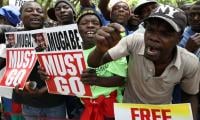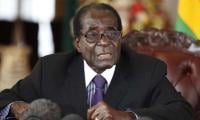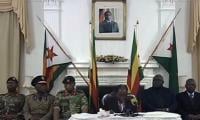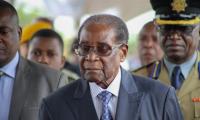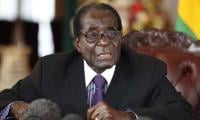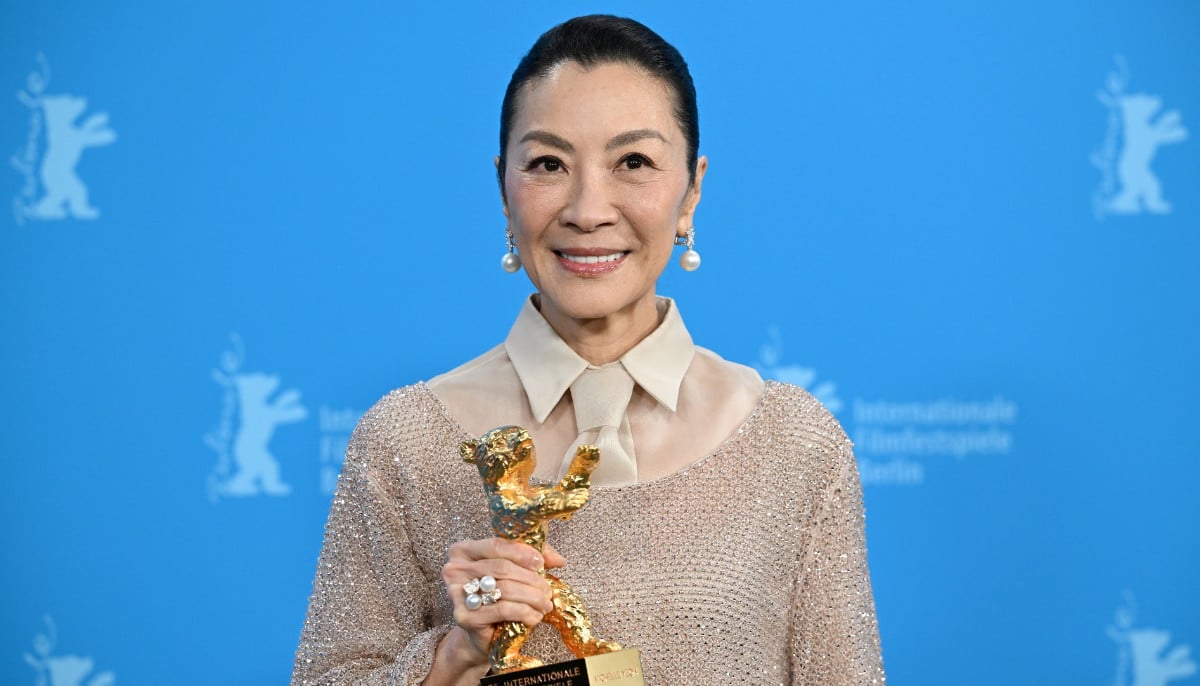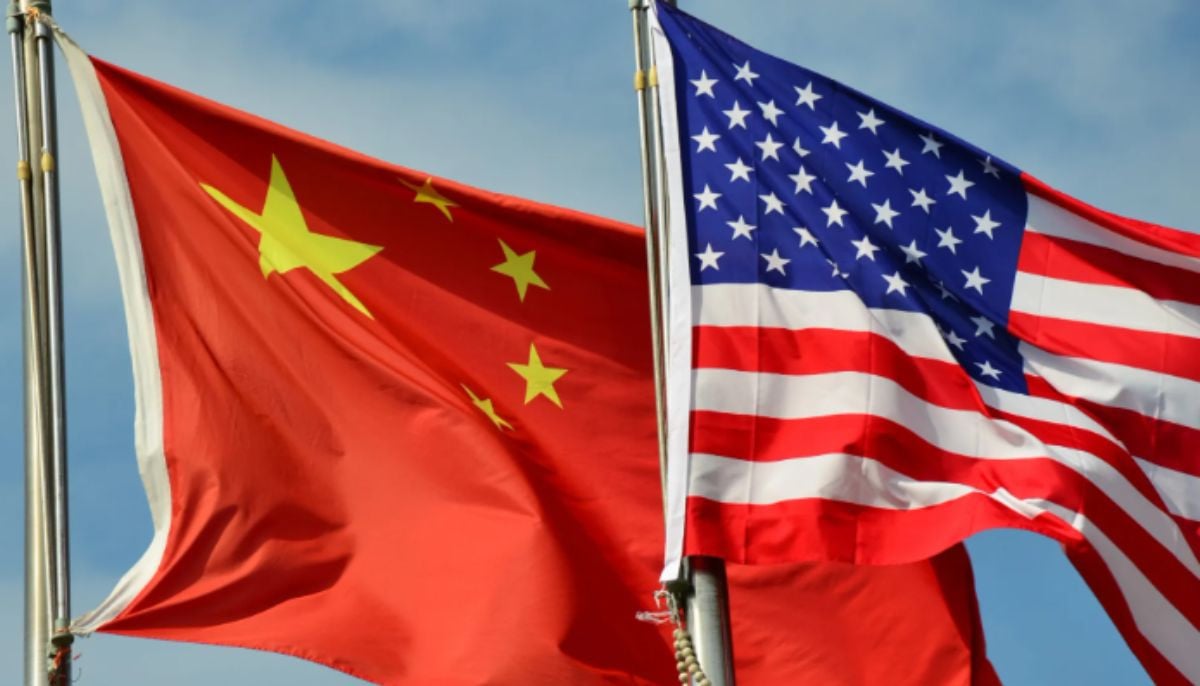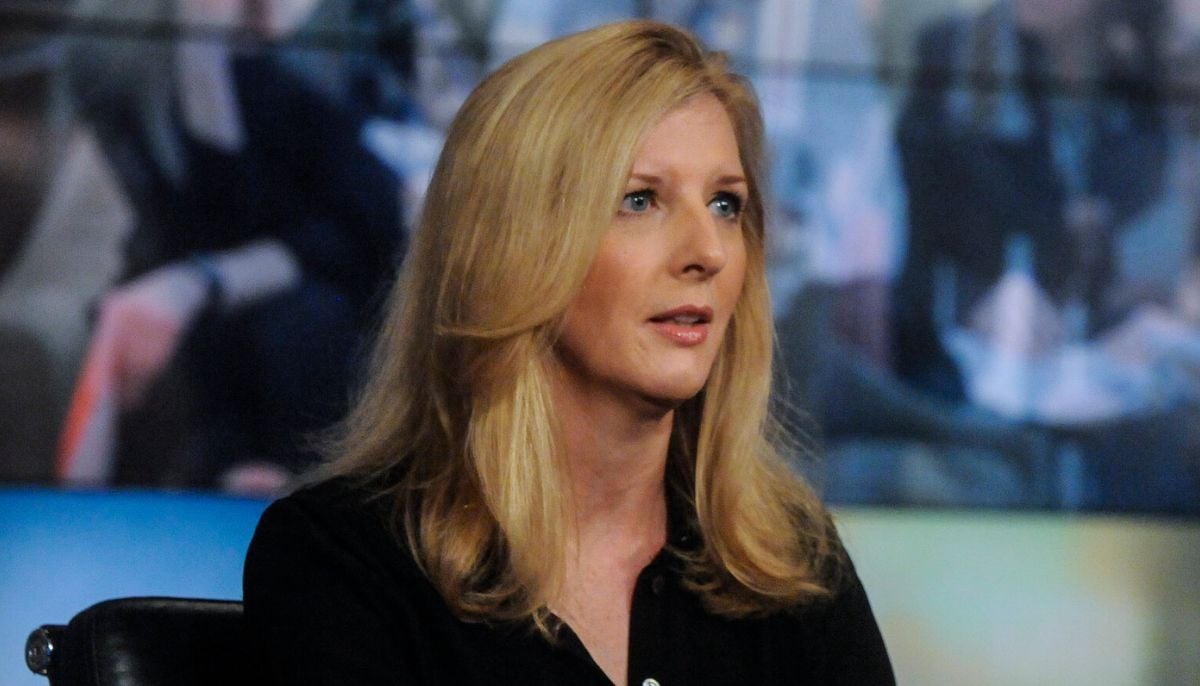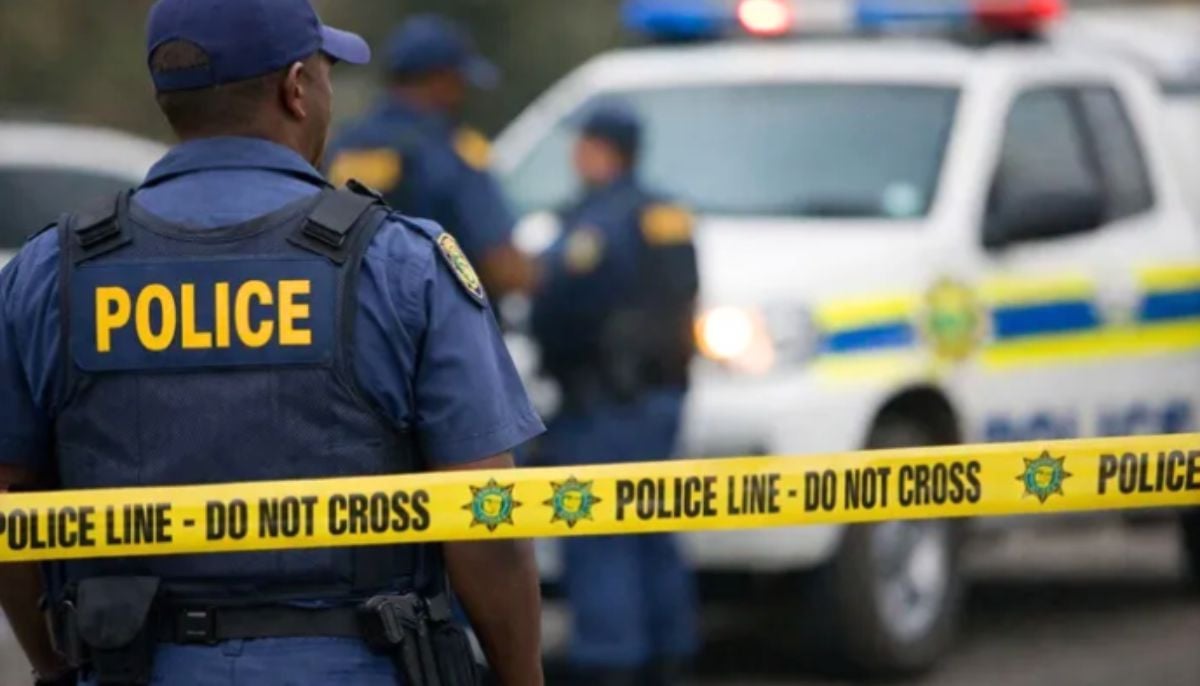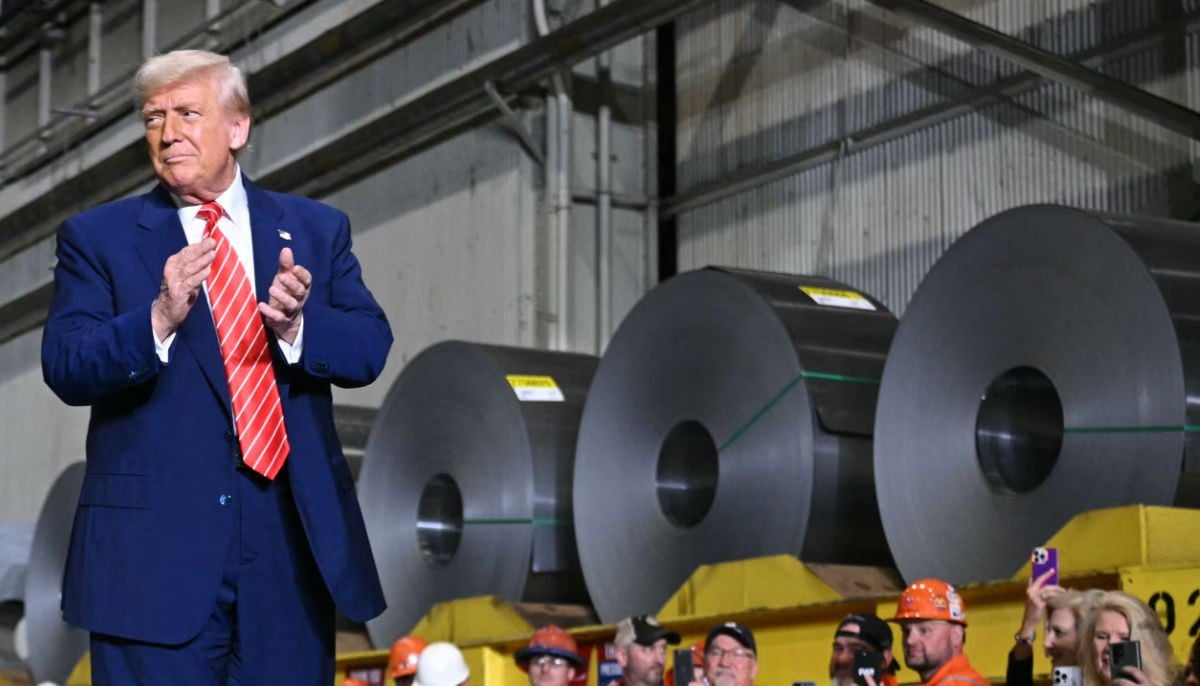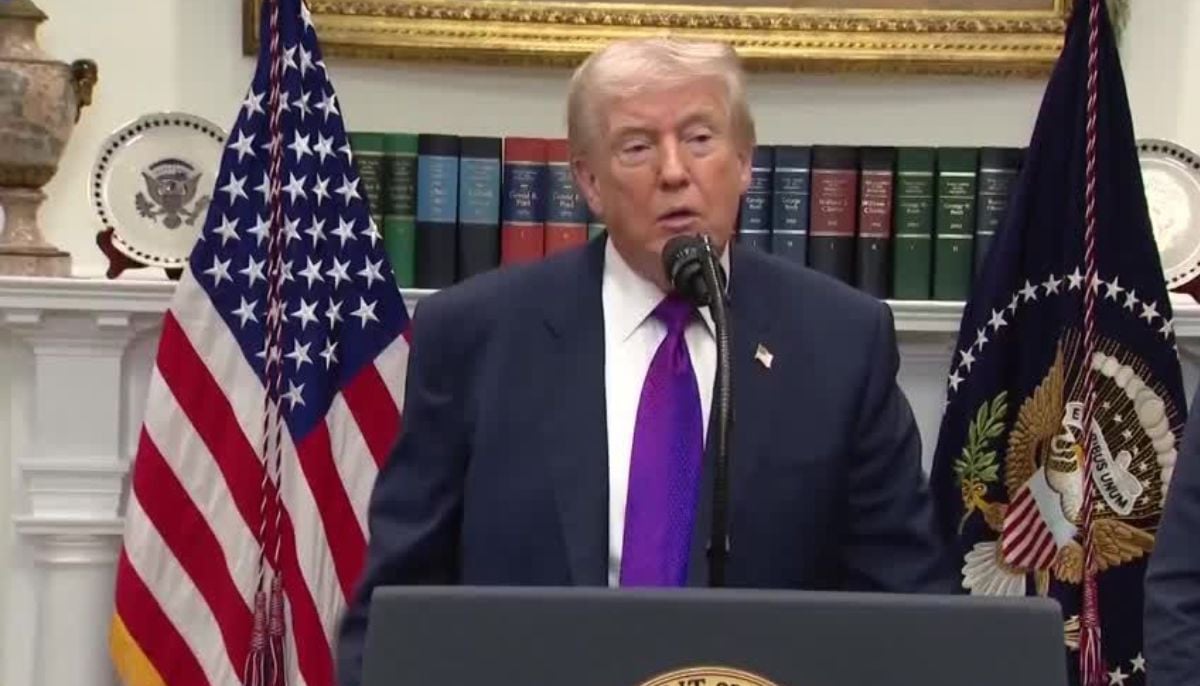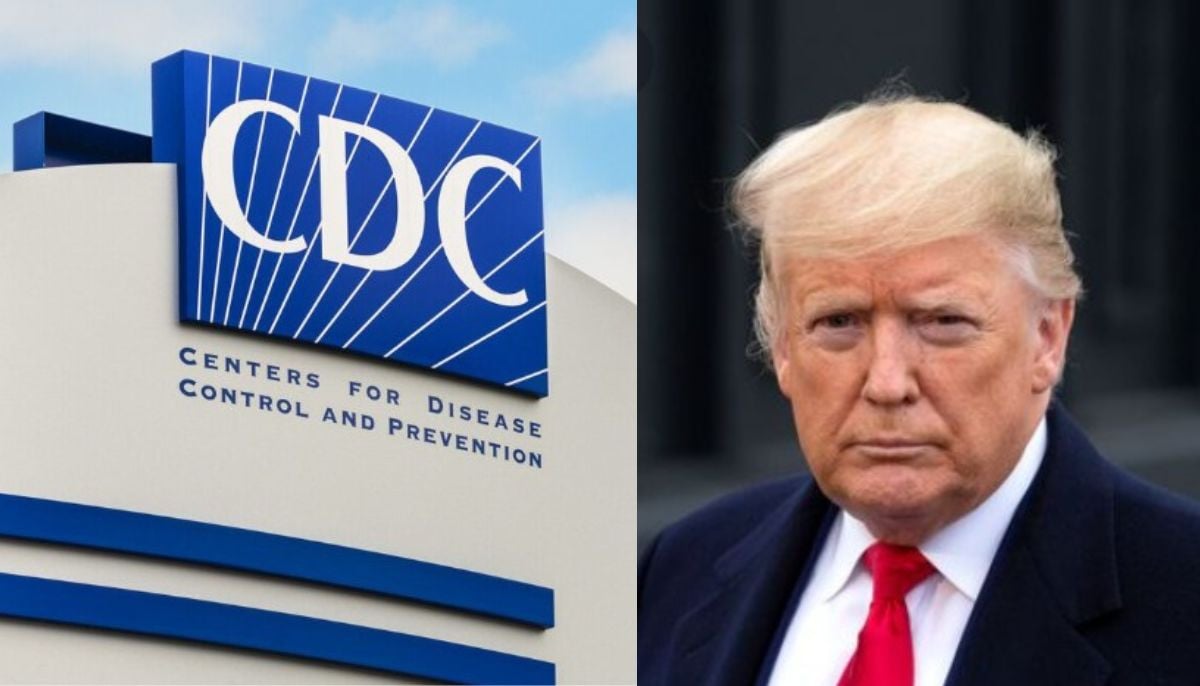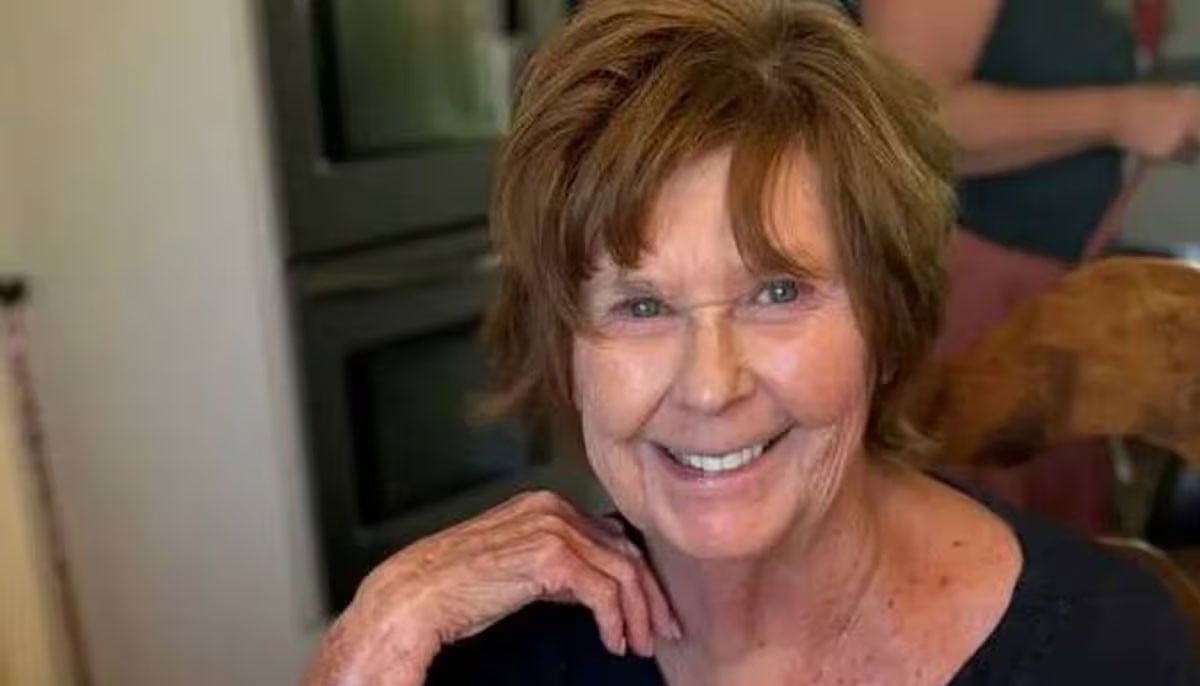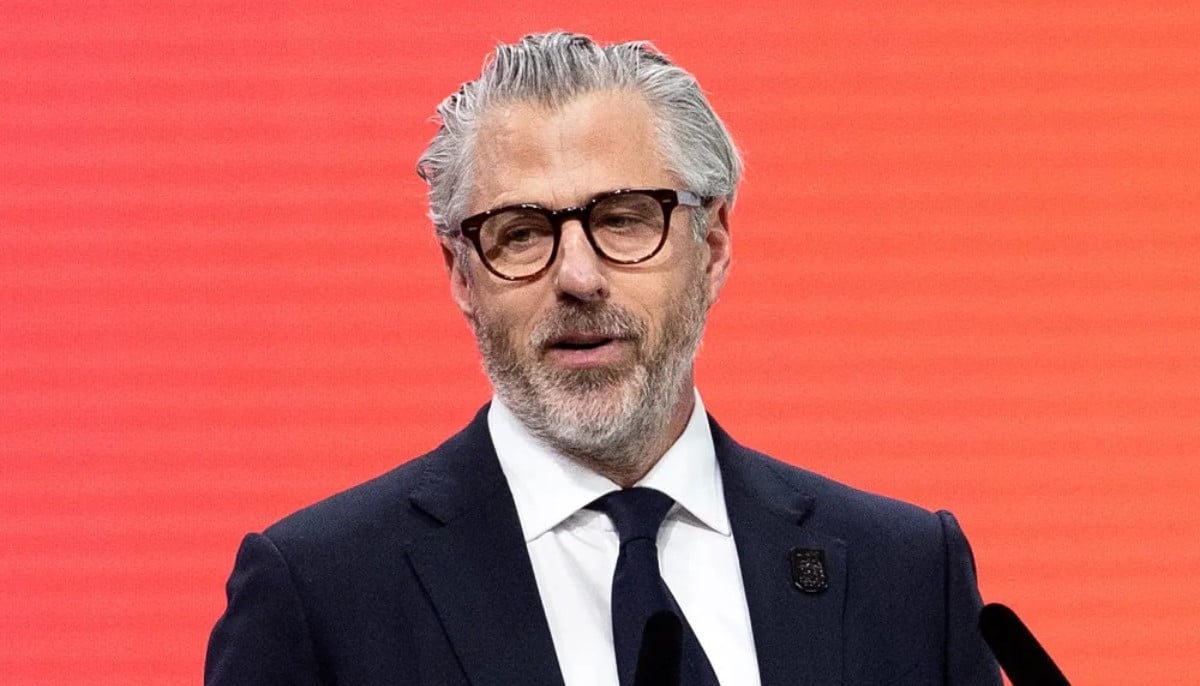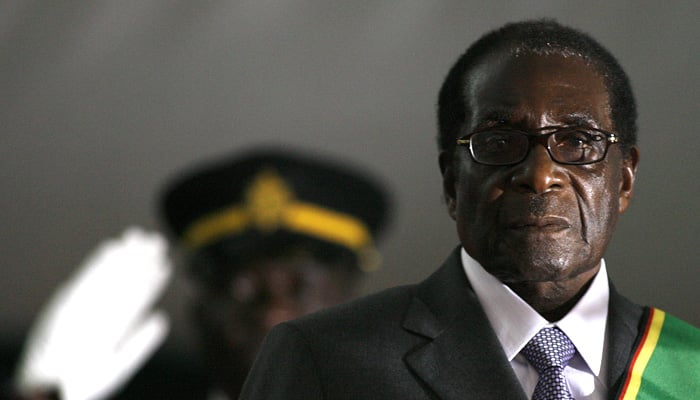
HARARE: Robert Mugabe resigned as president of Zimbabwe Tuesday, swept from power as his 37-year reign of brutality and autocratic control crumbled within days of a military takeover.
The bombshell news was delivered by the parliament speaker to a special joint session of the assembly which had convened to impeach Mugabe, 93, who has dominated every aspect of Zimbabwean public life since independence in 1980.
It was greeted on the streets of the capital Harare with car horns and wild cheering.
"I Robert Gabriel Mugabe in terms of section 96 of the constitution of Zimbabwe hereby formally tender my resignation... with immediate effect," said speaker Jacob Mudenda, reading the letter.
"My decision to resign is voluntary on my part. It arises from my concern for the welfare of the people of Zimbabwe and my desire to ensure a smooth, peaceful and non-violent transfer of power that underpins national security, peace and stability."
It capped an unprecedented week in which the military seized control, tens of thousands of ordinary Zimbabweans took to the streets to demand that the president go and Mugabe wrestled to remain in power.
- ´Things are finally going to change´ -
"We are just so happy that things are finally going to change," Togo Ndhlalambi, 32, a hairdresser, told AFP.
Mugabe had ruled Zimbabwe almost unopposed since the country won independence from Britain but his efforts to position his wife Grace as his successor triggered fury in the military that had underpinned his regime.
His grip on power was shattered last week when the armoured military vehicles took to the streets, blockaded parliament and soldiers placed the president under house arrest in an operation that had all the hallmarks of a coup.
But instead his generals stressed they were simply "arresting" criminals around Mugabe -- a reference to supporters of Grace -- and even allowed the one-time liberation hero to appear at a public function and deliver a TV speech stressing that he retained control.
- Open dissent -
It is expected that he will eventually be replaced by former vice president Emmerson Mnangagwa, who had been Grace Mugabe´s chief rival to succeed her husband and whose dismissal earlier this month triggered the army takeover.
Grace has not been seen since the start of the crisis.
However, under Zimbabwe´s constitution, second Vice President Phelekezela Mphoko stands to be elevated as head of state.
Veterans of the independence war -- who were also formerly key Mugabe allies -- had compounded mounting pressure on the former leader, demanding that he leave office immediately and helping to rally the weekend´s vast protests.
On Saturday, in scenes of public euphoria not seen since independence, huge crowds marched and sang their way through Harare and other cities in peaceful celebrations to mark his fading power.
The demonstrations drew citizens of all ages and races, jubilant that Mugabe´s fate had been sealed.
In central Harare, a group of young men tore down a green metal street sign bearing Robert Mugabe´s name and smashed it repeatedly on the road.
Such open dissent would have would have been routinely crushed by security forces before this week´s shock events.
The majority of Zimbabweans had only known life under Mugabe´s rule, which was defined by violent suppression, economic collapse and international isolation.
-
Manhunt continues for suspect who killed 2 at South Carolina State University
-
Trump considers scaling back trade levies on steel, aluminium in response to rising costs
-
Trump revokes legal basis for US climate regulation, curb vehicle emission standards
-
DOJ blocks Trump administration from cutting $600M in public health funds
-
Scientists find strange solar system that breaks planet formation rules
-
Woman calls press ‘vultures’ outside Nancy Guthrie’s home after tense standoff
-
Casey Wasserman to remain LA Olympics chair despite Ghislaine Maxwell ties
-
Gigi Hadid feels 'humiliated' after Zayn Malik's 'pathetic' comment: Source
